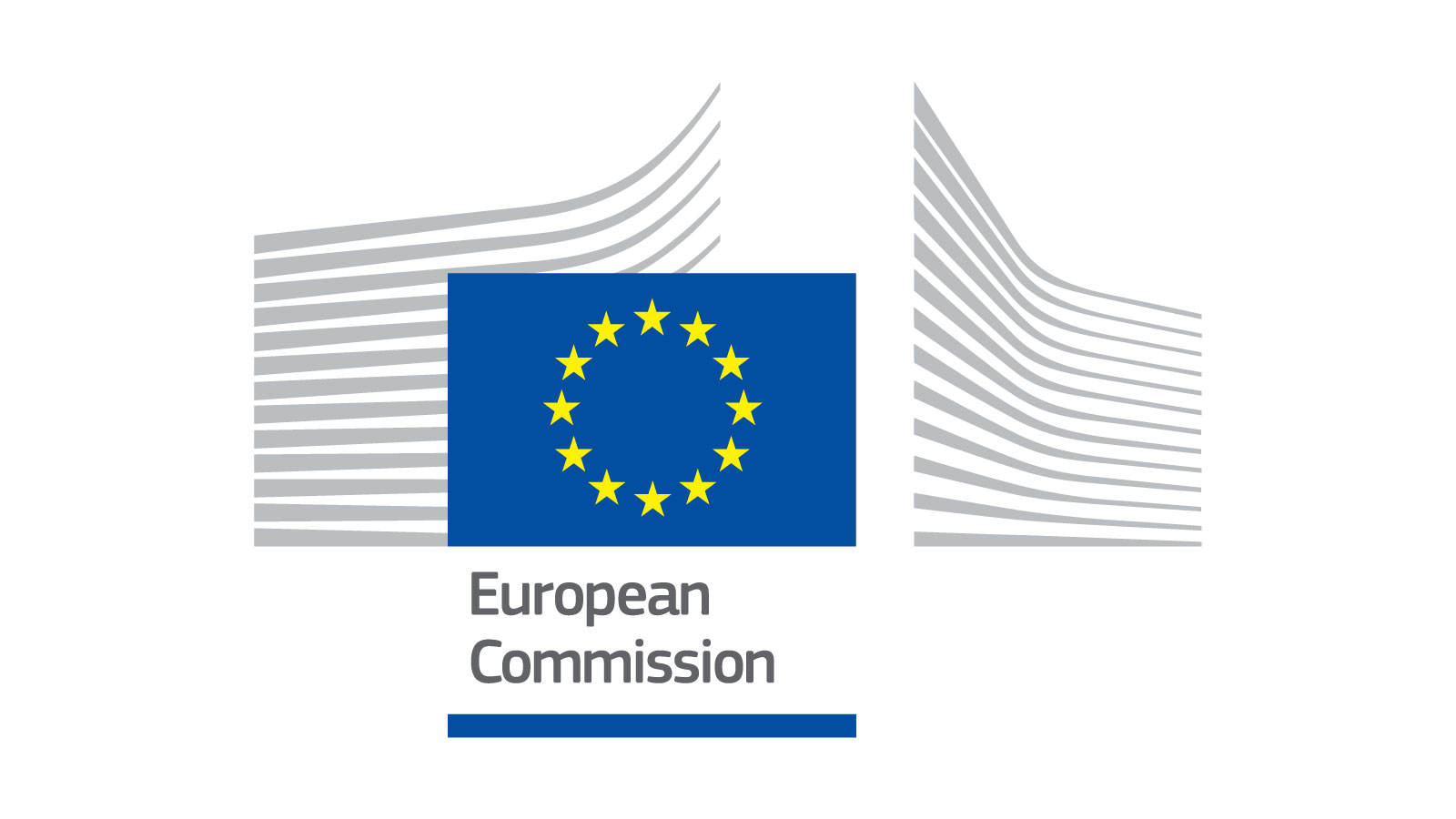The difference in each sides version is incredible. Trump lied through his teeth on this just as he did with Japan.
I suspect Trumpers will not bother to read and understand this but they need to know what these "deals " really are and understand Trump is lying to them .
Energy purchases
What the White House says: The EU will "double down" on its purchases of American energy, buying $750 billions' worth by the end of Trump's second term. In practice, this will amount to $250 billion each year.
What the Commission says: The Commission, which negotiated the deal on behalf of all 27 member states, lacks the competence to determine the amount, the type and the origin of the energy supplies acquired by governments and companies. Therefore it cannot legally bind the bloc to the goal of spending $750 billion on American energy.
The announced number is an indication based on the needs the EU will face in the coming years to phase out the consumption of Russian fossil fuels, an arduous effort that has boosted the role played by American liquefied natural gas (LNG).
"It's important to remember that the European Commission is not buying any of these commodities and neither is the US government selling any of this," a Commission spokesperson said. "These are all commercial decisions made by the companies: those companies that buy and those companies that sell."
Investment pledge
What the White House says: The EU will invest $600 billion in the US by the end of Trump's second term. "This new investment is in addition to the over $100 billion (that) EU companies already invest in the United States every year," the fact sheet says.
What the Commission says: As with the energy purchases, the Commission is unable to design and implement investments on behalf of the private sector. The $600 billion is another indication based on the executive's contacts with industry.
"It's not something the EU, as a public authority, can guarantee – it's something based on the intention of private companies," a senior official said.
The aggregated $600 billion figure might shrink once the impact of the EU-US trade deal, which is disadvantageous for the bloc, begins to take effect.
Despite the uncertainty, the White House is portraying the energy and investment pledges as a fait accompli.


